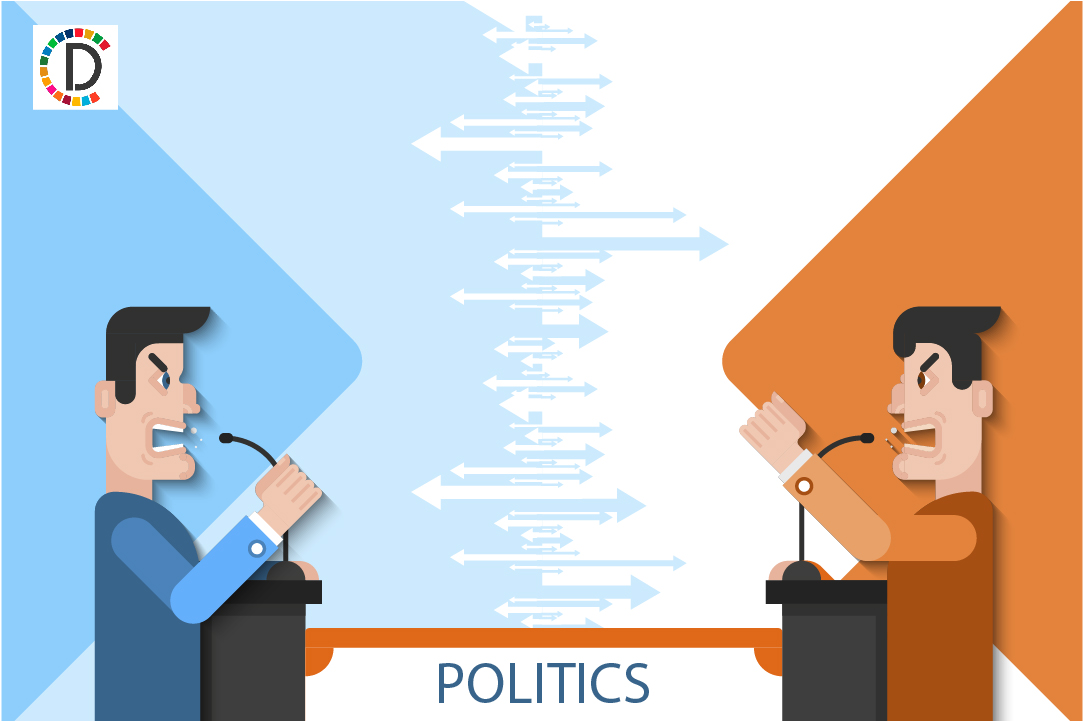WRAPUP 1-A June skip jumps to the fore following latest Fed comments
Federal Reserve officials including the vice chair-designate pointed towards a rate hike "skip" in June, prompting a quick reversal of market expectations for another hike as the U.S. central bank weighed the value of caution against still strong inflation data. Since the Fed's last meeting, topline data on inflation has offered little improvement and a new labor market release on Wednesday showed the ratio of available employees to available workers increasing - evidence of an ongoing imbalance in the job market.

Federal Reserve officials including the vice chair-designate pointed towards a rate hike "skip" in June, prompting a quick reversal of market expectations for another hike as the U.S. central bank weighed the value of caution against still strong inflation data.
Since the Fed's last meeting, topline data on inflation has offered little improvement and a new labor market release on Wednesday showed the ratio of available employees to available workers increasing - evidence of an ongoing imbalance in the job market. Still, with much unknown about the underlying strength of the economy amid a possible tightening of bank credit, "skipping a rate hike at a coming meeting would allow the (Federal Open Market) Committee to see more data before making decisions about the extent of additional policy firming," Fed Governor and vice chair nominee Philip Jefferson said at a financial stability conference in Washington.
Leaning toward what some have called a "hawkish pause," with rates held steady for now but the door left open for further increases, Jefferson said that "a decision to hold our policy rate constant at a coming meeting should not be interpreted to mean that we have reached the peak rate for this cycle," Jefferson told a financial conference in Washington. Markets have been on a seesaw trying to determine if the Fed is going to indeed pause its hiking cycle or drive rates higher in June, and investors reset expectations yet again after Jefferson's comments. Prices of futures tied to the Fed's policy rate now reflect only a one-in-three chance of a June rate hike, compared with about a two-in-three probability before his remarks.
Philadelphia Fed President Patrick Harker added to the case. "I am in the camp increasingly coming into this meeting thinking that we really should skip," Harker said, though data due on Friday about the U.S. job market "may change my mind."
Harker was the latest Fed official to lend his support to the notion that the central bank could "skip" a rate hike for a single meeting as opposed to pausing increases for a longer stretch - a compromise between concerns inflation is not yet controlled and concern the economy may be on the verge of a deepening slowdown. The Fed's main measure of inflation did accelerate in April and remains more than twice the central bank's 2% target, data that has prompted some official to say rates need to continue higher.
"I don't really see a compelling reason to pause," Cleveland Fed president Loretta Mester said in an interview published Wednesday in the Financial Times. Fed Governor Michelle Bowman, meanwhile, said that some of the factors the Fed has hoped would lower inflation, such as a weakened housing market, may provided less help than expected given what may be the beginnings of a housing rebound.
But, though his nomination as vice chair is still pending in the Senate, Jefferson's remarks still appeared to carry the weight of a statement from the central bank's leadership, and may be among the final words offered before a blackout period for public comments ahead of the Fed's next meeting begins on Saturday. Jefferson acknowledged inflation remains "too high" and that "by some measures progress has been decelerating recently."
But he also said he expected the economy would remain sluggish for the rest of the year as households spend down savings built up during the COVID-19 pandemic, and credit gets scarcer and more expensive. "I expect spending and economic growth to remain quite slow over the rest of 2023," he said. While Jefferson does not expect a recession, he noted that there are reasons to be careful after 15 months in which the policy rate was raised by 5 percentage points.
"History shows that monetary policy works with long and variable lags, and that a year is not a long enough period for demand to feel the full effect," he said.
(This story has not been edited by Devdiscourse staff and is auto-generated from a syndicated feed.)










